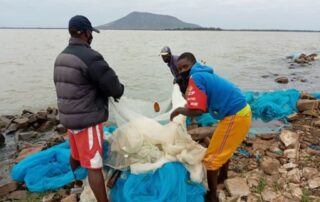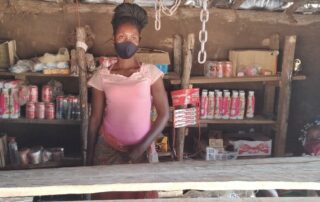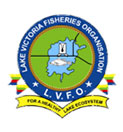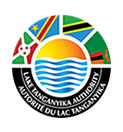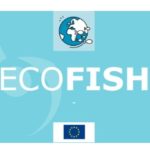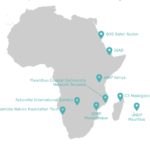Improve economic resilience and food security of the artisan fishers in the northern Sudanese Red Sea Coast
Achievements
To improve economic resilience and food security of the artisan fishers in the northern Sudanese Red Sea Coast, the ECOFISH-SOS Sahel project provided the following supports to date:
- 4 Community Leaders Orientation meetings were held.
- 4 workshops for the fishers on sustainable fishing conducted.
- 3 MOUs signed between SOS Sahel and fishery inputs and service providers.
- A Baseline survey conducted.
- An assessment of the existing fish landing sites was carried out.
- 4 community profiles were prepared.
Activities
- Skills training of artisan fishers in improved practices and techniques (deep-water fishing, onboard handling techniques, fish preservation, fish preparation and filleting, use of marine navigation devices, fish-aggregating, use of new fishery inputs and technologies.
- Orientation training and sensitisation in ‘international standards’ on sustainable fisheries management for environment/biodiversity conservation in restricted fishing grounds (marine parks).
Expected Output
- At least 75% of the target artisan fishers are trained in improved fishing practices and techniques.
- At least 200 women are trained in fish processing (value-added), net-making/maintenance & equipped with basic tools.
- 80% target artisan fishers supported with basic fishery package (nets, lines, hooks, ropes and ice-boxes).
- 20% target fishers equipped with fishery assets and technologies (e:g: boats, outboard engines, fish finders, GPS).
